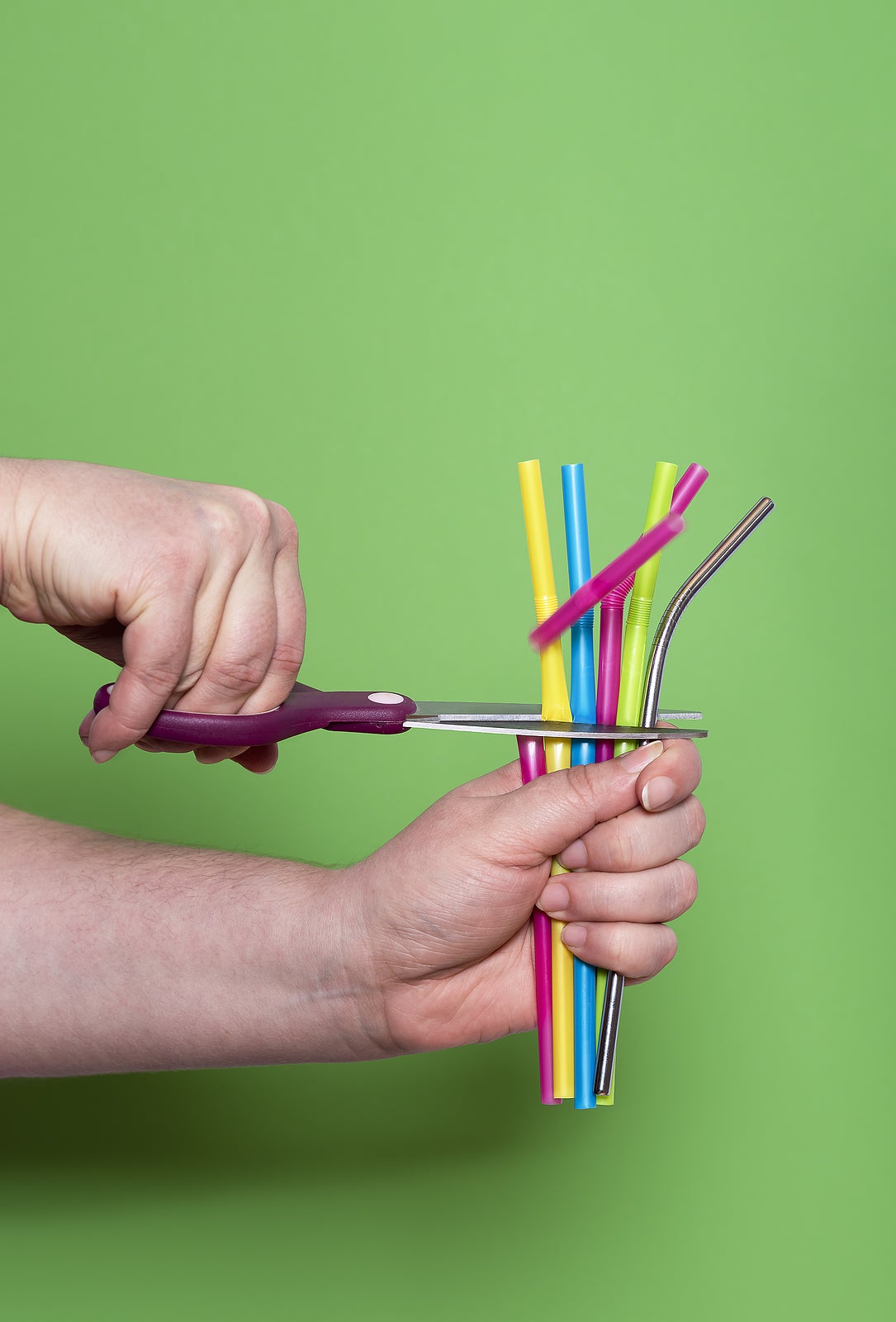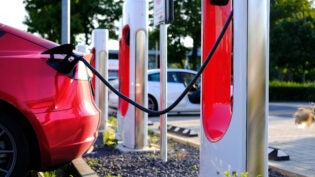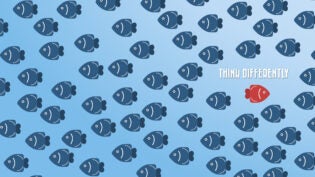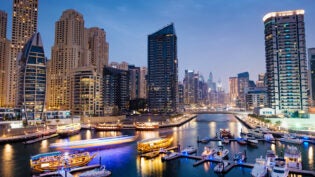Businesses Face Anti-Plastic Sentiment: How to Adapt
By: Oliver Michaels

We’re beginning to see plastic differently. Thanks to campaigns about environmental issues including marine pollution and climate change, public opinion of single-use plastics is shifting. Over half of consumers now believe plastic to be “harmful”.
Every business needs to take note of this, SMEs included. Consumers want to know that what they’re buying is sustainable – and they’re rewarding brands that deliver eco-friendly goods. In fact, while the ban on plastic straws and other disposable plastic products is welcome, the public wants to see more. In a world in which consumers are going green, the reality is: business as normal is no longer viable.
In this article, I’ll describe why public opinion has turned against plastics – and why we should expect sustainable consumption to be something that’s here to stay. It’s not only about straws. Yet, in a world in which half of the plastic we consume is disposable, these products have become a symbol of our society’s wider addiction to plastic.
The Environmental Problems Turning Us Off Single-Use Plastics
Since mass production started, our love for plastic has hardly shown signs of slowing. From 15 million in 1964, we topped 311 million tonnes of plastic consumed across the world in 2014.
Yet, public opinion has recently changed. Two thirds of consumers in Europe and the Americas now associate plastic with ocean waste, while a British poll found that 85% were very or fairly concerned about plastic waste. That’s even more than those who are concerned about climate change.
If plastic is undergoing a crisis of trust, this is down to three environmental factors that have captured the public imagination: plastic waste, microplastics, and climate change.
#1: Plastic Waste
Of the 300 million tonnes of plastic we produce a year, half of it is designed to be disposable. Subsequently, these items are added to the 6.3 billion tonnes of plastic waste our planet currently holds – waste that doesn’t biodegrade and that stays in its current form for decades, even centuries.
The public now knows that this waste is posing problems for the planet. An estimated 8 million tonnes of plastic enter the ocean every year. Data from the US suggests that 26 million tonnes of plastic landfills in that country alone. Even in south-east Asia, one of the world’s regions understood to be most responsible for plastic pollution, 91% of people are concerned.
Scenes of sea life swimming through plastics or of turtles choked by plastic straws have been enduring images in recent years. Meanwhile, David Attenborough’s 2017 documentary, Blue Planet II, has been credited with changing public attitudes. 88% of those who watched it are thought to have changed their behaviour as a result, while the UK government announced a ban on single-use plastics in its wake.
#2: Microplastics
Tangible, visible, and clearly understood, the images of accumulated plastics have had a huge impact on public opinion. However, according to some researchers, it was knowledge of microplastics – plastics smaller than 5mm – that first had consumers demanding change.
Only 1% of plastic in the ocean is actually visible. Microplastics, which make up the 99%, are more numerous, spread further, and may be causing more environmental damage. In the form of microbeads, these were once deliberately added to cosmetics and washing products to contribute texture. Yet, massive public opposition – with 78% of Europeans opposed to these products – has led to restrictions.
However, microplastics are often produced when larger plastic items disintegrate, too. These particles of plastic have been found at the bottom of the sea and at the top of mountain ranges. With growing awareness, microplastics are described by the UK government as an issue of “significant public concern”.
#3: Climate Change
The biggest issue driving a shift in attitude is climate change (or the climate crisis), which is having an impact on plastic use and consumer habits.
Concern about the problem of global warming has grown significantly. According to Ipsos-MORI, people are more concerned than ever about the climate. In the UK, people who described themselves as “very concerned” about climate change grew from 23% to 35% in the two years to 2019 – while, in the US, those who described it as a ‘crisis’ or ‘major problem’ have grown to 76% from 59% since 2014.
The two issues are linked. According to the CIEL, 99% of plastics are made from fossil fuels – and, following current trends, by 2050, 13% of all the carbon we produce will come from plastic production. Consumers recognise that their habits need to change if they are to avert climate catastrophe. However, half of people believe that businesses and manufacturers should be leading the way.
Consumers Want More than a Single-Use Plastic Ban
As consumer attitudes towards plastic have changed, so have the actions of governments. As a result, restrictions on disposable plastics have been announced across the world – in US cities and states, as well as in the EU, where there is a single-use plastic ban scheduled.
These moves are widely supported; for example, roughly ¾ of UK consumers agree with the ban. In Germany, meanwhile, 80% of people support the EU’s own restrictions on disposable straws, cotton buds, throwaway cutlery, and other single-use products.
However, consumers want more. According to an EU survey, 80% of Europeans said business isn’t doing enough to help the environment, while ⅔ believe industry should reduce plastic packaging. Importantly, though, many consumers say they’re willing to pay more for sustainable alternatives.
Drinking Straws: The Symbol of an Unhealthy Habit
In discussions of disposable plastics, drinking straws usually take centre stage. Non-biodegradable and used in their billions every year, they have become the emblem of our society’s problem with plastic. And, with evocative images available of the damage they can do, the public have had enough.
With eco-friendly alternatives to plastic straws easily available, and restrictions on the horizon, there is no excuse for businesses failing to make the change toward a greener and more sustainable future.
Author: Jos Veldwijk is Head of Marketing at Tembo Paper, a startup within the Tembo Group – based in the Netherlands. He is an advocate for sustainability in business, and writes about how startups and large brands can build an eco-friendly and environmentally conscious organisation.
2562 Views












